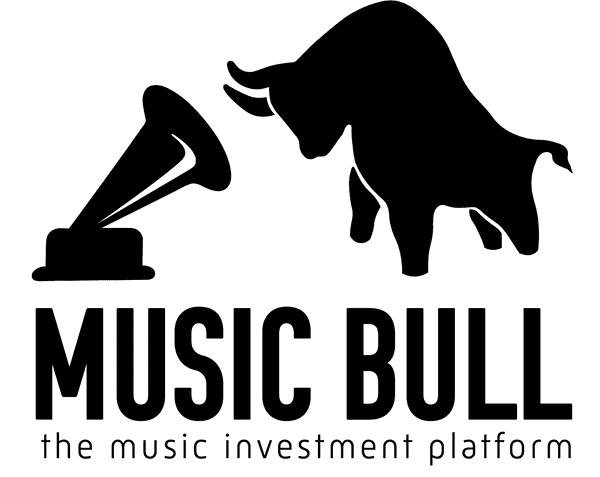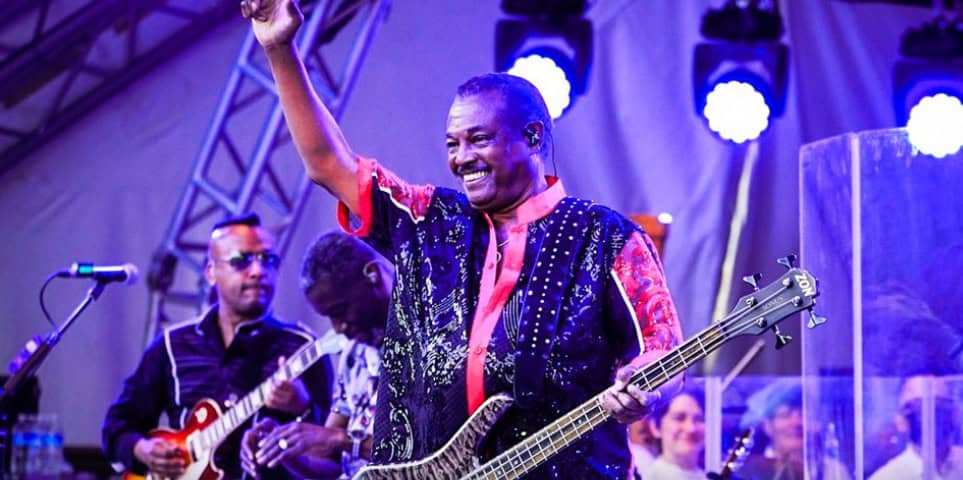About Money And Power
Release Date: Jul 25, 1988
Duration: 4:44
BPM: 118
Record Label: Mercury Records
Exclusive offer:
Limited Auction: Only 17% of my catalog is available, and once it’s gone, it’s gone.
Top Hits: You’re investing in my vintage catalog that includes 258 songs among some of my most memorable songs recorded by legends like Earth, Wind & Fire, Bobby Brown, Robert Palmer, Isley Brothers, Kool & The Gang, Jackie Jackson and many more
Invest Now - Limited Time Opportunity!
Take advantage of this exclusive offer to earn royalties from music that's shaped
the industry. Click below to join the MusicBull platform and secure your share of
future music royalties.
Sign me up for "Money And Power" on Tony Haynes Catalog !
Join the Revolution Now, we will keep you posted once the auction starts
Kool & The Gang*
Formed as a jazz ensemble in the mid-’60s, Kool & the Gang became one of the most inspired and influential funk units during the ’70s, and one of the most popular R&B groups of the ’80s after their breakout hit “Celebration.” Just as funky as James Brown or Parliament (and sampled almost as frequently), Kool & the Gang relied on their jazz backgrounds and long friendship to form a tightly knit group with the interplay and improvisation of a jazz outfit, plus the energy and spark of a band with equal ties to soul, R&B, and funk. Their 21 Top 40 hits exhibit an uncommon range, from the tough funk of “Jungle Boogie” to the smooth instrumental soul of “Summer Madness” to the lively pop of “Joanna.” As an album act, they’ve been just as successful, having hit the Top Ten of the R&B chart with a dozen LPs that include the gold Wild and Peaceful (1973), the all-platinum run of Ladies’ Night (1979), Celebrate! (1980), Something Special (1981), and Emergency (1984), and the gold Forever (1986). Since the ’90s, they’ve focused most on touring, though they’ve occasionally put together sets of original material such as Still Kool (2007), Perfect Union (2021), and People Just Wanna Have Fun (2023). Fellow co-founders Robert “Kool” Bell and George “Funky” Brown continued to lead the band into the 2020s.
Robert “Kool” Bell (aka Muhammad Bayyan) and his brother Ronald (aka Khalis Bayyan) grew up in Jersey City and picked up the music bug from their father, who was a professional boxer, serious jazz lover, and close friend of Thelonious Monk . With Robert on bass and Ronald picking up an array of horns, the duo formed the Jazziacs in 1964 with several neighborhood friends: guitarist Claydes Smith, trumpeter Robert “Spike” Mickens, alto saxophonist Dennis “D.T.” Thomas, keyboard player Ricky West (aka Richard Westfield), and drummer George “Funky” Brown . The growing earthiness of soul inspired the Jazziacs to temper their jazz sensibilities with rhythms more akin to R&B, and the newly renamed Soul Town Band began playing clubs in Greenwich Village. After a mix-up with a club owner resulted in the group being billed Kool & the Flames, they modified the title to Kool & the Gang and found a leg up with the tiny De-Lite Records . Two singles from their self-titled debut album hit the pop chart, and although the positions weren’t incredibly high, Kool & the Gang became a quick success on the R&B charts. Always a staple of their appeal, the group’s live act was documented on two 1971 LPs, Live at the Sex Machine and Live at P.J.’s, including left-field covers of “Walk On By” and “Wichita Lineman” (as well as the not so unusual “I Want to Take You Higher”).
Studio albums followed in 1972 and 1973, but it was with Kool & the Gang’s sixth LP, Wild and Peaceful, that they hit the big time. “Funky Stuff” became their first Top 40 hit at the end of 1973. Then both “Jungle Boogie” and “Hollywood Swinging” reached the Top Ten. Over the next four years, Kool & the Gang delivered a Grammy-nominated recording with Light of Worlds (in the category of Best R&B Instrumental Performance) and scored the Top 40 hits “Higher Plane” and “Spirit of the Boogie.” They lost Ricky West to a solo flight and added some of their longest-serving brass players, namely trumpeter Larry Gittens and trombonist Clifford Adams. Also during this period, “Open Sesame” appeared on the Grammy-winning Saturday Night Fever soundtrack, yet the rise of disco — a movement centered around producers and vocalists, in direct contrast to the group’s focus on instrumentalists — appeared to end their popularity.
In 1979, the group added two new vocalists, Earl Toon, Jr. (also a keyboardist) and, more importantly, former Jersey nightclub singer James “J.T.” Taylor . Another trumpeter, Mike Ray, joined the same year for the long term. Kool & the Gang also began working with Brazilian jazz fusion arranger/producer Eumir Deodato, who produced their records from 1979 to 1982. The first such album, Ladies Night, was their biggest hit yet, the first of three consecutive platinum albums, with the Top Ten singles “Too Hot” and the title track. Celebrate!, released in 1979, spawned Kool & the Gang’s only number one hit, “Celebration,” an anthem favored by innumerable wedding receptions since. With Deodato, the group produced several more hits, including the singles “Take My Heart (You Can Have It if You Want It),” “Get Down on It,” and “Big Fun,” and the albums Something Special in 1981 and As One a year later. Toon left during this period, and keyboardist Curtis “Fitz” Williams entered the fold in 1982. After Deodato parted the same year, Kool & the Gang proved their success wasn’t solely due to him; during 1983 and 1985, they had a pair of number two hits with “Joanna” and “Cherish,” as well as two more Top Tens, “Fresh” and “Misled.” Three of those four smashes were off Emergency, a double-platinum 1984 release that also contained “You Are the One,” nominated for a Grammy in the category of Best Inspirational Performance. The group’s string of seven gold or platinum records continued through 1986’s Forever, after which Taylor and Robert “Spike” Mickens left the group.
Taylor did reasonably well with his solo recordings, many of which were produced by Ronald Bell, and Kool & the Gang went with three vocalists, Skip Martin (formerly of the Dazz Band ), Odeen Mays, and Gary Brown , for the albums Sweat (1989) and Unite (1992). Taylor finally returned to the group for the release of a new album, State of Affairs (1996), and departed near the end of the ’90s. The band remained a going concern throughout the 2000s, teaming with younger artists for Gangland (2001) and The Hits: Reloaded (2004), and continuing with Still Kool (2007), recorded after the death of Claydes Smith. Clifford Adams died in 2015. Fellow co-founders Ronald Bell and Dennis “D.T.” Thomas died in 2020 and 2021, respectively. Perfect Union, completed with both musicians, was released during the latter year, and was promoted with extensive touring, including performances in 2022 with the German Philharmonic Orchestra. Just ahead of their 60th anniversary, Kool & the Gang quickly returned in 2023 with People Just Wanna Have Fun, led by the single “Let’s Party,” featuring Sha Sha Jones . Co-founder and drummer George “Funky” Brown died on November 16, 2023,at the age of 74. ~ John Bush & Andy Kellman, Rovi
Stats & Trends / Money And Power

References
* Chartmetric, Inc.






